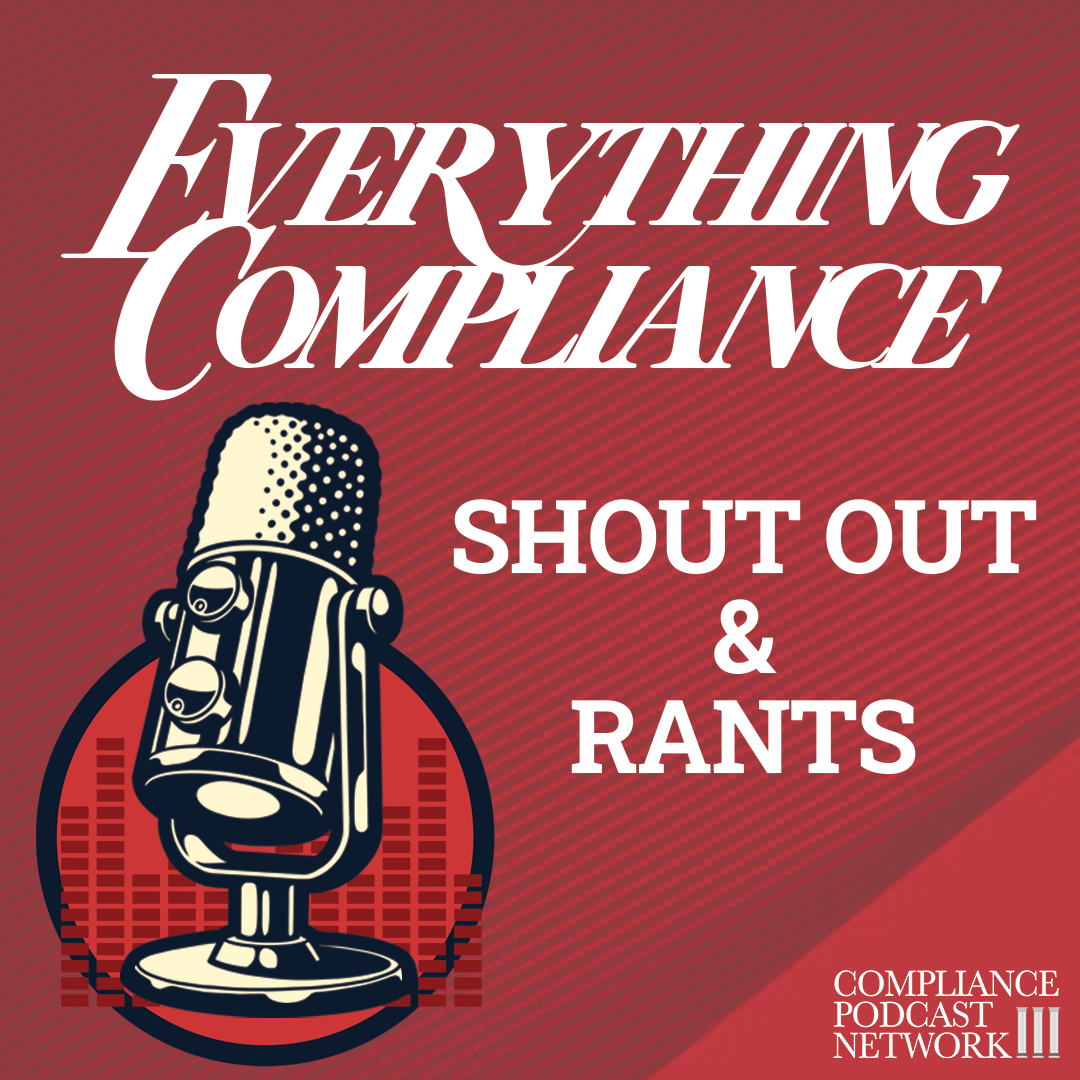Compliance professionals constantly seek to understand how systemic issues within corporate hierarchies can lead to severe consequences. The recent revelations about Bank of America’s (BoA) persistent workplace culture problems are a powerful reminder of compliance’s critical role in safeguarding employees and the organization.
This week, I will explore the BoA failure around workplace culture from various perspectives articulated by the Everything Compliance gang, including Karen Woody, Jonathan Armstrong, Matt Kelly, Karen Moore, and Jonathan Marks. This exploration will include the failure of internal controls, failures by the Board and senior management, culture failures around highly driven, self-selecting employees, and the cultural miasma that is BoA from a perspective from across the pond. In Part 2, we journey through some key lessons learned for compliance professionals.
In the high-stakes world of investment banking, where deals are won or lost in hours, the pressure to perform can push individuals to the brink. Unfortunately, that brink has meant a premature end to some people’s lives. The recent tragedy at BoA, where a junior banker named Leo Lukenas died after working over 100 hours a week for weeks on end, has cast a harsh light on a decade-long problem. This is not the 2013 scandal revisited; it’s an ongoing crisis, a corporate culture problem that has festered for years. The lessons from this ongoing debacle are critical and chilling for compliance professionals.
Lukenas was not the first casualty of this toxic culture. In 2013, an intern in Bank of America’s London office, Moritz Erhardt, met a similar fate after enduring a grueling workload. Following that incident, the bank promised to implement policies to prevent such tragedies from recurring. Yet, a decade later, Lucas’s death is a stark reminder that those policies have either failed or were never truly enforced.
The investment banking division at Bank of America has been likened to a “white-collar sweatshop,” a description that, sadly, fits too many high-pressure work environments. While the term “sweatshop” might conjure images of factories in developing countries, overwork and exploitation can happen in plush office towers just as easily. Lucas’s death has brought into sharp relief the human cost of such environments, where the relentless pursuit of profit eclipses the well-being of employees.
What is particularly concerning is that this issue is separate from a single office or even a single country. The WSJ’s reporting has revealed that overwork at Bank of America is a pervasive issue, affecting employees in New York, London, Tokyo, and Latin America. Former employees have cited overwork as a primary reason for leaving the bank, underscoring that this is not a localized problem but an enterprise-wide failure of corporate culture.
This brings us to a crucial question: Where was compliance? Why have the policies and controls put in place to prevent overwork ineffective? The answer lies in a deep-seated cultural issue that transcends mere policy implementation. Middle management has tolerated if not outright encouraged, this culture, which senior management has failed to address with the necessary urgency.
Middle management is often described as the “meat grinder” of corporate culture, where good intentions from the top can get mangled into toxic behaviors at the bottom. In the case of Bank of America, middle managers were reportedly telling their subordinates not to report excessive working hours to HR, effectively bypassing the controls that were supposed to prevent overwork.
This is a classic example of what can happen when senior management fails to engage effectively with middle management. Senior executives may have genuinely wanted to prevent overwork, but their message could have been more focused and addressed by those in the middle tasked with enforcing it. This disconnect is where corporate culture often fails. Compliance professionals understand that policies are only as good as their enforcement, and enforcement is only as good as the people who are responsible for it. For the compliance professional, this means you must directly connect what senior management has laid out as policy and not simply put procedures in place to implement the policy but then monitor the implementation to ensure the policy is being followed. Sadly, that was not the case at BoA.
Another critical factor in this crisis is the role of incentive structures. It is no secret that high-stakes deals and intense pressure to produce results drive investment banking. But the stage is set for disaster when bonuses and career advancement are tied to closing deals, even at the cost of employee health.
This misalignment of incentives is a fundamental issue that any compliance officer must address. If the financial rewards for middle managers are tied to delivering results, irrespective of the human cost, then it should be no surprise that overwork becomes a pervasive problem. Incentive structures must be reexamined and realigned with the organization’s ethical and operational goals.
As compliance professionals, it is imperative not just to address the symptoms of such crises but to dig deeper and identify the root causes. This case’s root cause is clear: a toxic corporate culture prioritizes results over people. But beyond that, it is about senior management’s failure to enforce a healthy work culture and the misalignment of incentives that drives middle managers to push employees to the brink.
Organizations need to examine their culture, management practices, and incentive structures to prevent such tragedies in the future. This is not just a problem for Bank of America; it’s an industry-wide issue that requires a collective response. Compliance officers have a crucial role in advocating for stronger controls, better communication, and a culture that truly values employee well-being.
The ongoing crisis at BoA is a sobering reminder of the human cost of a toxic work culture. For compliance professionals, it serves as a call to action. A culture that values employees as people, not just as cogs in a machine, is necessary for enforcing and supporting policies; having them on paper is not sufficient.
As we progress, the lessons from this tragedy should guide our efforts to create healthier, more sustainable work environments. Compliance is not just about ticking boxes; it’s about ensuring our values are reflected in our organizations’ day-to-day operations. Ultimately, it’s about protecting the organization and the people who make it what it is.










